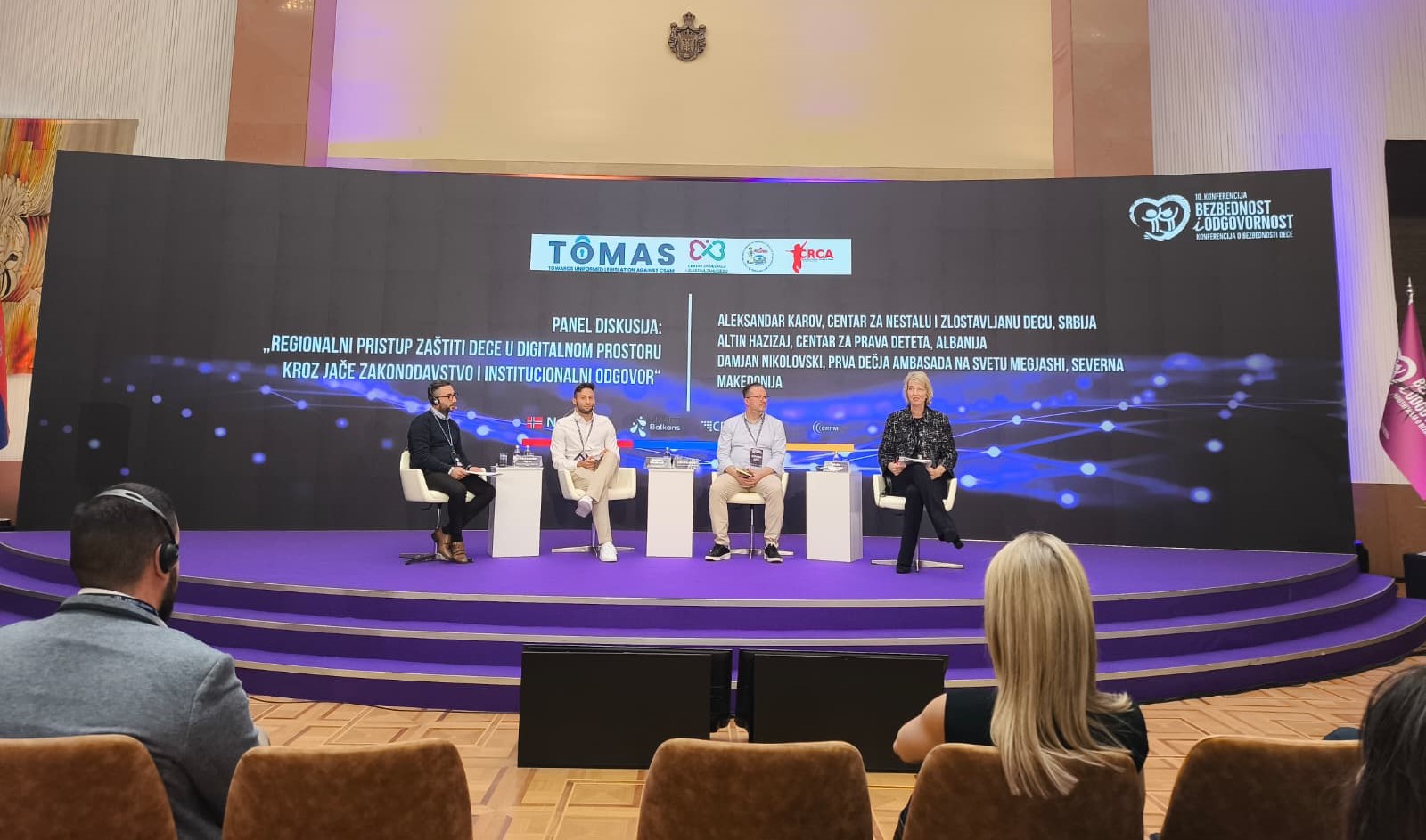The EU must ensure no gaps in the protection of children against child sexual abuse online
Eurochild has joined 53 NGOs and ICS providers, among which 10 Eurochild members, to call for a swift adoption of the temporary derogation of the ePrivacy Directive.
The ePrivacy Directive is one of the main EU legal framework safeguarding the confidentiality of online communications. In 2021, to ensure that providers of number-independent interpersonal communications services (NI-ICS) – i.e., WhatsApp, Instagram or Facebook – could continue detecting and reporting child sexual abuse, the EU adopted an Interim Regulation, which temporarily derogated certain provisions of the ePrivacy Directive to allow for voluntary detection of such material.
Since this temporary derogation will only apply until 3rd August 2024 and given that the EU institutions have not agreed yet on the Regulation to combat child sexual abuse (‘CSAR’) proposed as a substitute, the European Commission proposed last December a two year extension of the temporary derogation to allow more time for the negotiations to continue.
This extension is key to avoid any gap in the protection of children online. Without it, online service providers will not be able to continue detecting child sexual abuse, which is key in protecting victims and preventing abuse from happening in the first place. We have seen just what a devastating impact detection gaps can have on identifying child sexual abuse material, when in the 18 weeks between December 2020 and securing the Temporary Derogation from the E-privacy Directive, there was a 58% drop in reports from EU accounts to US National Center for Missing and Exploited Children. Detecting child sexual abuse unearths serious crimes against children and enables the rescuing of children in danger.
Therefore, we call on the MEP Rapporteur and Shadow Rapporteurs, as well as the Council, to ensure a quick adoption of the proposed extension, concentrating solely on a time extension, while retaining the same scope for voluntary detection of online child sexual abuse and the reporting and removal of related material.
It is imperative that the extension is only considered a transitory solution, as the priority must remain to agree on a long-term framework through the CSA Regulation, which allows the detection and removal of all child sexual abuse in all platforms.





